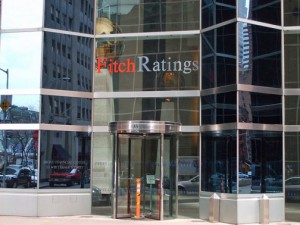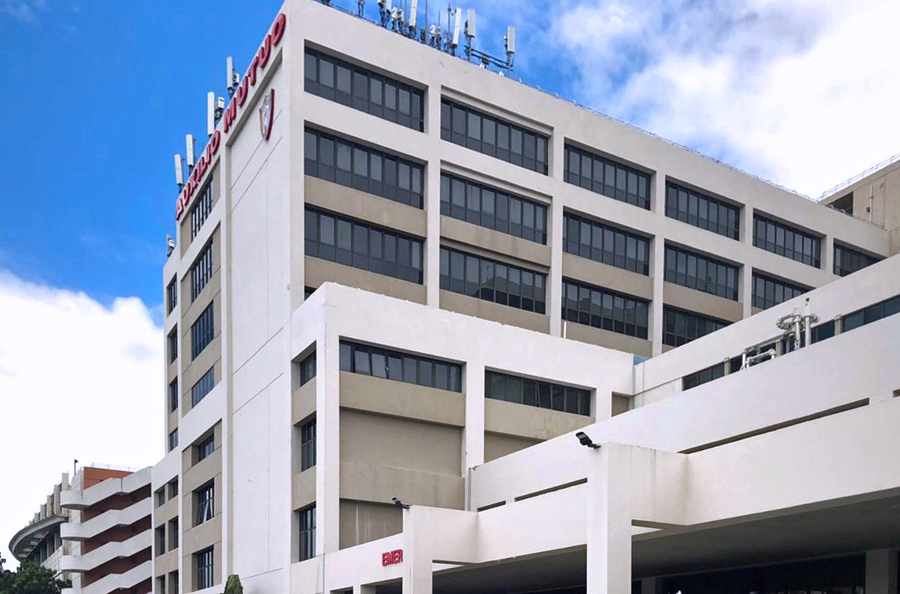Fitch: Puerto Rico bonds decline following Recovery Act

Declines in pricing of Puerto Rico bonds added further pressure to already depressed net asset values of Puerto Rico mutual funds, according to Fitch Ratings, which added that Fitch-rated Puerto Rico fund managers are reacting swiftly by adding to collateral supporting rated notes and deleveraging where needed.
Puerto Rico bond prices fell following the enactment of the Puerto Rico Public Corporation Debt Enforcement and Recovery Act on June 26, which was followed by a series of ratings downgrades impacting government issuers across the commonwealth. The act establishes a restructuring regime for public corporations that may become insolvent, the ratings agency said in an assessment of Puerto Rico’s current scenario.
Last week, Fitch downgraded the Puerto Rico Sales Tax Financing Corp.’s (known as COFINA) bonds to ‘BB-‘ from ‘AA-‘ for senior and from ‘A+’ for subordinate issues, employee retirement system and commonwealth general obligation and guaranteed bonds to ‘BB-‘ from ‘BB’, and the Puerto Rico Aqueduct and Sewer Authority (PRASA) bonds to ‘B+’ from ‘BB+’. Previously, Fitch downgraded the Puerto Rico Electric Power Authority (PREPA) bonds to ‘CC’ from ‘BB’ (senior).
“The downgrade of the COFINA, PRASA and PREPA ratings reflected the commonwealth’s action to change law to the detriment of bondholders with passage of the Recovery Act. The one-notch rating downgrade of the GO and related bonds was based on marginal deterioration in credit fundamentals despite recent actions designed to support the general credit,” the agency said.
The Recovery Act contemplates two procedures for public corporations to address debt obligations in the event of insolvency. While they are intended to restore solvency over the long term, both procedures entail debt restructuring that would trigger suspension of debt payments and preclude the timely payment of principal and interest during the proceedings, Fitch said.
Entities covered by the act include PREPA ($8.6 billion of debt outstanding), PRASA ($4.6 billion) and the Puerto Rico Highway Authority ($5 billion).
“The recent events pushed Puerto Rico bond prices to record lows. PREPA bonds with a 5 percent coupon and 30 year remaining term fell 41 percent to $34 before rebounding to $39 as of market open July 11th. Similar term PRASA bonds fell 24 percent to $55 before rebounding to $60, and similar term PRHWY bonds fell 37 percent to $32 before rebounding to $34. COFINA bond prices gave up 25 percent, falling to a low of $59 before rebounding to $63, while GO bonds fell a modest 12 percent to $60 before recovering to $65,” Fitch said.
Meanwhile, it said Fitch-rated funds managed by UBS, Banco Popular and Santander (which operate within a $9 billion fund industry on the island) had “minimum exposures” to uninsured public corporation debt, owning less than $100 million in aggregate, and representing less than 4 percent of collateral that support Fitch-rated notes, as of mid-June 2014.
“One reason for the small exposure is that the public corporations issued debt mostly into the U.S. tax designated ‘103’ market, where Puerto Rico funds have abstained from investing due to smaller yields than local bonds,” Fitch said.
However, exposures to COFINA and GO bonds in collateral accounts supporting the Fitch-rated notes were more material, averaging 30 percent and 19 percent, respectively as of mid-June 2014.
The significant price declines put pressure on fund net asset values and increased fund leverage ratios higher, breaching the normal operating maximum of 50 percent leverage in several cases, Fitch explained.
“Additionally, Fitch’s mark-to-market haircut on COFINA bonds that are pledged to support ‘A’ rated notes has increased 50 percent due to the downgrade below investment grade. Funds also rely on repo and margin loan facilities for leverage and generally these have seen raised haircuts and funding costs, although most have not pulled or decreased credit lines. Fund managers are responding with remedial action by topping up collateral and deleveraging the funds where necessary,” it said.
“Overall, Fitch views the managers’ response to these market conditions positively and mirrors actions they undertook in the summer and fall of 2013 when Puerto Rico bond prices tumbled on Fed rate hike and Detroit contagion,” Fitch said.
“We continue to monitor asset coverage available to Fitch-rated notes. Significant breaches and lack of timely cures of minimum asset coverage requirements may cause Fitch to take negative rating actions, although this is not expected at this time,” it concluded.












